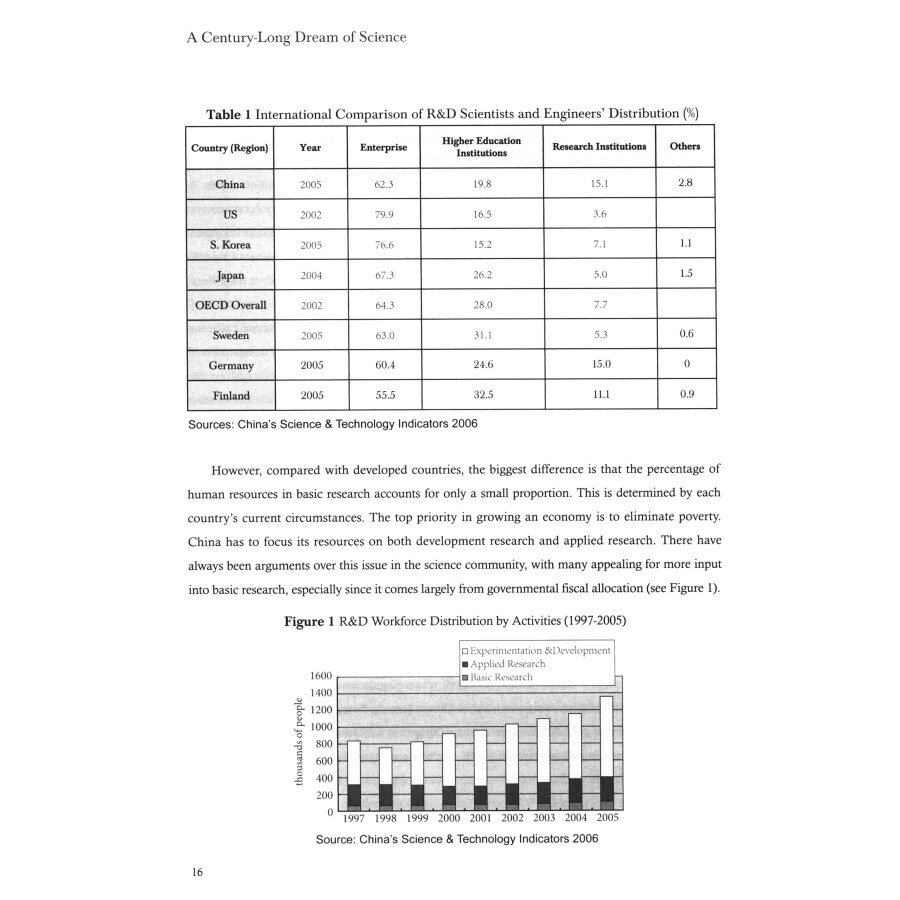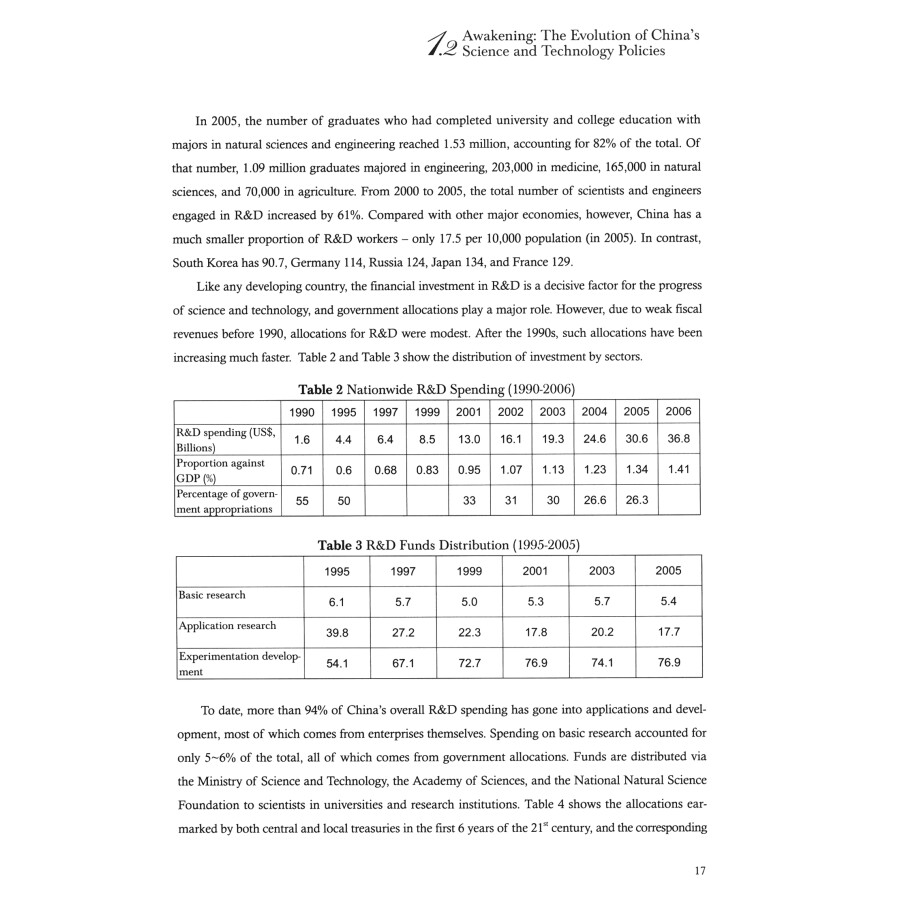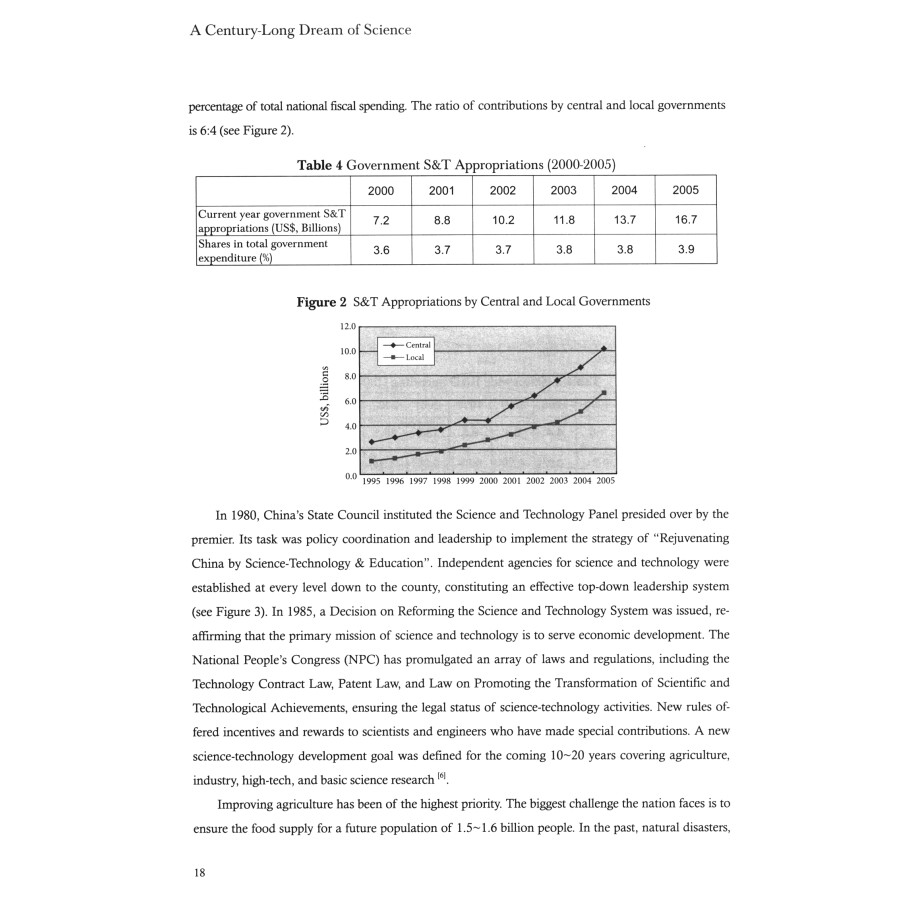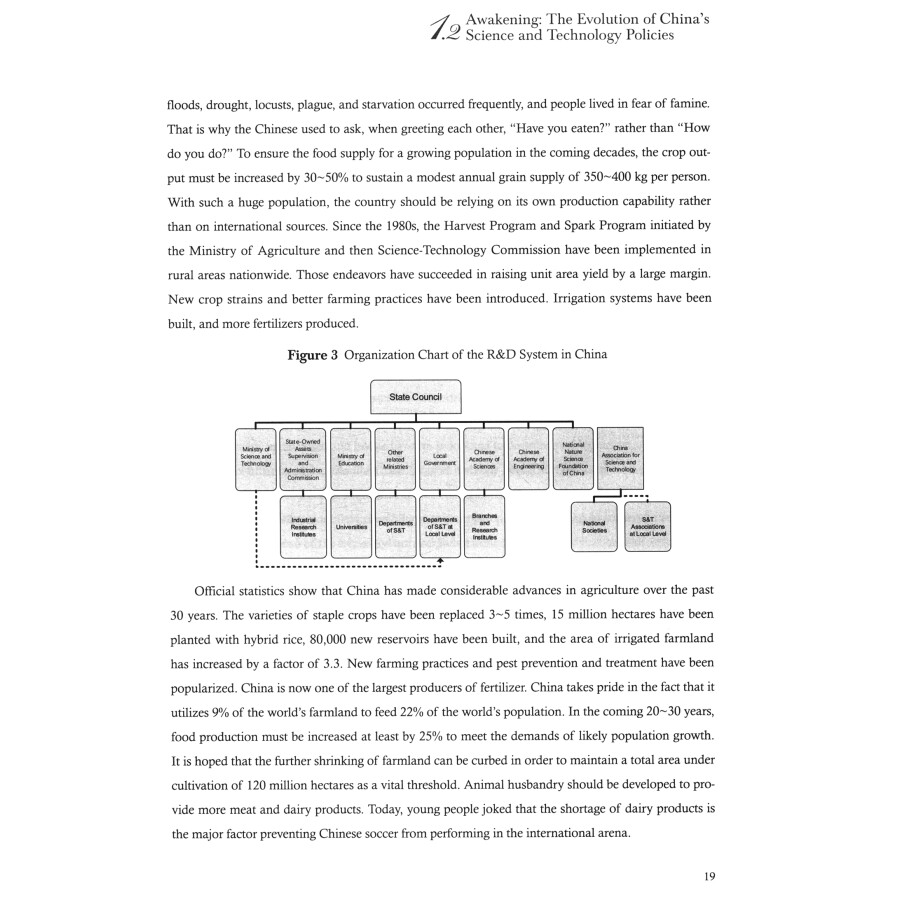Details
The 20th century was a time of incredible change in China.
My generation felt lucky and blessed to be born in the 20th century, survive its vicissitudes, and witness the transformation of the country. Poverty-stricken in our youth, we were fortunate to become workers, fighters, and crafters of the development of science and technology in China, and be granted the opportunity to share in making the changes happen. Most of my contemporaries saw the success and failure, windstorms and tempests, suffering and tears, and ultimately the rejoicing and jubilation that we experienced, as being all part of life in the great era. That experience should be preserved for generations to come, and for historians interested in Chinese studies.
About Author
Dr. Song Jian, born on December 29, 1931 in Shandong Province, is a distinguished scientist in the fields of control theory, systems engineering, and aerospace technology. He received a Candidate of Sciences degree in 1960 from the Moscow National Technical University and was granted a Doctor of Sciences degree in 1990 by the Higher Attestation Commission under the USSR Council of Ministers. His previous positions include Vice Minister and Chief Engineer of the Ministry of Astronautics, Chairman of the State Science and Technology Commission, State Councilor of the Central Government, Chairman of the National Environmental Protection Committee, President of the Chinese Academy of Engineering (CAE), and Vice Chairman of the 9th National Committee of the Chinese People's Political Consultative Conference (CPPCC). Now he is a lifelong Honorary Chairman of the Presidium of CAE.
Dr. Song's academic titles include Academician of both the Chinese Academy of Sciences (CAS) and CAE; Foreign Associate of the US National Academy of Engineering; Foreign Member of the Russian Academy of Sciences, the Royal Swedish Academy of Engineering Sciences, and the Yugoslav Academy of Engineering; and Member of the International Astronautic Academy.
Dr. Song initiated and successfully carried out the 'China Spark Program' for poverty alleviation and rural development nationwide. He initiated and guided the implementation of the 'Torch Program', which has spearheaded the development of high-tech science-parks across China. He organized and implemented the '863 Program' (high-tech research) and 'Climbing Program' (basic science research). The 'Xia-Shang-Zhou Chronology Project', which he initiated in 1996, succeeded in moving the chronology of China's ancient history back by -500 years. He proposed the establishment of the National Strategy of Revitalizing China through Science and Education.
Dr. Song was granted the highest National Award for Scientific and Technological Progress and received the Albert Einstein Award in 1987, the highest honor from the International Association for Mathematical Modeling. Other honors he has received include the special HLHL (Hong Kong) Award in 1998 for his lifetime achievements in science and technology.
On October 8, 2014, the International Astronomical Union (IAU) gave its approval for asteroid 210210, discovered by the Purple Mountain Observatory of CAS, to be eternally named in his honor as 'Songjian'.



